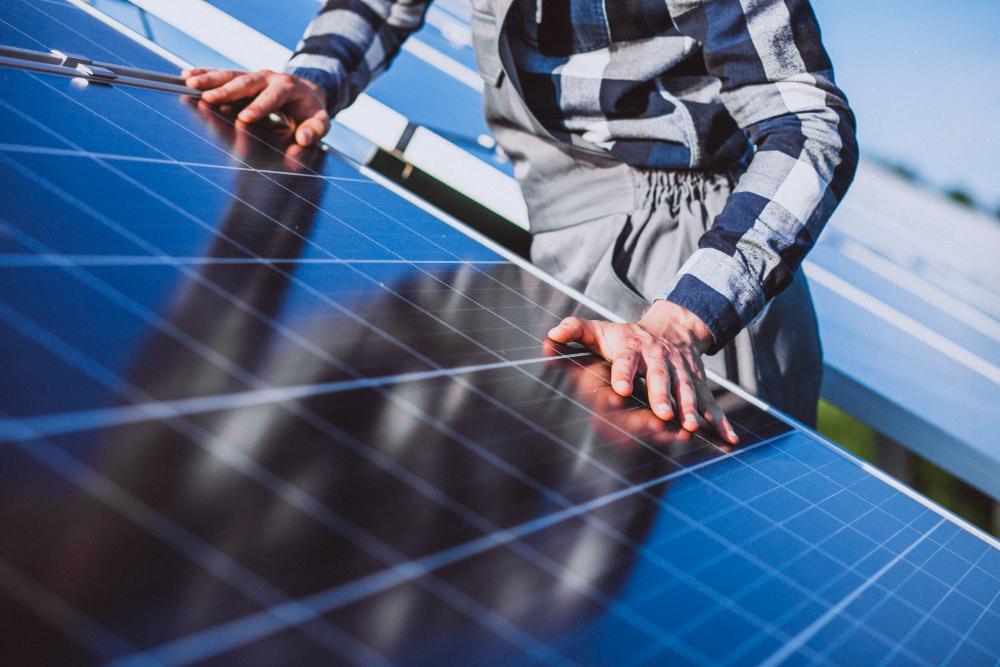How Efficient Are Solar Panels?
Installing solar panels in your home or business is a great way to save on energy costs and reduce your carbon footprint. However, it's important to understand the different types of solar panels available in order to choose the most efficient option for your needs. In this article, we'll take a look at the most efficient solar panel types of 2023 and explore the key features and benefits of each.
The efficiency of a solar panel is determined by the amount of sunlight it can convert into usable energy. In the past, the average efficiency of solar panels was around 15%. However, with advancements in photovoltaic technology, the efficiency of solar panels has improved to between 15-22%. High-efficiency solar panels can even reach nearly 23%. As a result, the typical power rating of a panel is now 370W, an improvement from 250W. Two factors that determine solar panel efficiency are PV cell efficiency and total panel efficiency.
The Major Types of Solar Panels
There are three main types of solar panels that are commonly used for residential and commercial installations: monocrystalline, polycrystalline, and thin-film.
Monocrystalline: Most Efficient
Monocrystalline solar panels are considered the most efficient option and are often installed for larger energy systems in commercial and residential properties. However, they can also be used in smaller installations. Made of silicon with a high purity rating, they boast an efficiency of 15-22%. They don't require as much space as polycrystalline and thin-film panels and can last up to 25 years due to the stable and inert properties of the silicon. However, they are more expensive due to their complex construction and may not be suitable for cold-weather climates as snowfall can damage the solar cells.
Polycrystalline: Most Affordable
Polycrystalline solar panels are constructed from multiple pure silicon crystals that are melted together. They are less efficient than monocrystalline panels but are more affordable and a good choice for budget-minded homeowners. They are also versatile, with power ratings ranging from 5W to 250W and higher, making them suitable for both small and large-scale installations. They are also environmentally friendly due to the lower waste generated in the production process. Some popular brands of polycrystalline PV solar panels include TrinaSolar and YingliSolar.
Thin-Film: Ideal for Powering Transportation
Thin-film PV cells are the least efficient type of solar panel, but they are lightweight and easy to move. They are recommended for installations that don't require a large amount of power, such as powering transportation. They are also cost-effective to produce and are ideal for solar transportation applications, such as panels installed on bus rooftops and refrigeration for cold-storage trucks. However, they are not suitable for rooftop installations as they require a large space to generate enough power.
Choosing the Best Solar Panels for Your Home or Business
When it comes to choosing the most efficient solar panels for your home or business, it's important to consider the type of solar panel, the efficiency, and the cost. Monocrystalline solar panels are the most efficient but also the most expensive, while polycrystalline and thin-film solar panels are more affordable but also less efficient. It's also important to consider the specific needs and goals of your installation, as well as the location and climate. Consulting with a solar energy professional can help you make an informed decision and ensure that your solar installation is as efficient and cost-effective as possible.

